Palestinian factions close ranks to reject US-crafted Israel-UAE normalization deal
Palestinian factions have unanimously dismissed the US-backed deal between the United Arab Emirates (UAE) and the Israeli regime to normalize full diplomatic relations, as they sought to present a united front against the agreement.
“We cannot accept anyone speaking in our name. We have never allowed it, and we will not allow it ever,” President Mahmoud Abbas said at a meeting in the occupied West Bank town of Ramallah held through video-conference to a parallel event at the Palestinian embassy in Beirut, where the chief of the political bureau of the Palestinian Hamas resistance movement, Ismail Haniyeh, and Islamic Jihad Secretary General Ziyad al-Nakhalah attended.
He added, “This meeting comes at a very dangerous stage as our national cause is facing various conspiracies and threats, the most significant of which are [US President Donald Trump's so-called] deal of the century, Israeli annexation plans [in the occupied West Bank] and normalization projects that the Occupation [Israel] is using as a poisoned dagger to stab [in the back of] our nation. Whoever accepts annexation is a traitor of the homeland and of our cause.”
Abbas further noted that “the Palestine Liberation Organization (PLO) will remain the sole and legitimate representative of the Palestinian people,” and that Palestinian factions must all join the PLO in order to protect and strengthen its status as an umbrella organization for all Palestinian compatriots and expatriates.
The Palestinian president then called on rival Fatah and Hamas movements to engage in meaningful negotiations to patch up their differences.
He said such dialogue should be based on the principles of the Palestinian nation and sovereign Palestinian state.
“We are making necessary preparations for the Palestinian Central Council (PCC) to convene as soon as possible. At the same time, we are working on essential mechanisms to end divisions and establish a unified Palestinian position within a specified period of time,” Abbas pointed out.
Abbas also underlined that Palestinians can no longer accept the United States as a single broker of any future peace negotiations.
“We will never accept the United States as the sole mediator for negotiations [with Israel], and we will not accept its plan” for a peace settlement, he stated.
Abbas finally called on Arab states to stand committed to the so-called Arab Peace Initiative of 2002, and realize the fact that normalization of ties with the occupying Tel Aviv regime should take place only after an independent and sovereign Palestinian state with East Jerusalem al-Quds as its capital is established.
The Arab Peace Initiative, which was proposed by Saudi Arabia, calls on Israel to agree to a “two-state solution” along the 1967 lines and a “just” solution to the Palestinian refugee issue.
Haniyeh, for his part, also called for a united front.
“We must restore our national unity, put an end to division and establish a unified Palestinian position... to confront projects directed against our people,” the Hamas chief said.
Nakhalah also demanded unity among all Palestinian factions in light of “the expansionist Zionist project in the region.”
He said the Oslo Accords have proved to be ineffective, calling on the PLO to officially declare it is withdrawing its recognition of Israel.
The Oslo Accords -- consisting of Oslo I and Oslo II accords -- were signed by late chairman of the PLO, Yasser Arafat, and former Israeli Prime Minister Yitzhak Rabin respectively in Washington DC, in 1993 and Taba, Egypt, in 1995. The purported goal of the accords was to achieve peace based on the United Nations Security Council resolutions 242 and 338, and to realize the right of the Palestinian people to self-determination.
“The UAE committed a grievous sin with the agreement it signed with the enemy regime [Israel]. The scene of the Israeli plane flying over [the holy Saudi cities of] Mecca and Medina was sad and humiliating,” Nakhalah commented.
In the video conference, Deputy Secretary-General of the Popular Front for the Liberation of Palestine (PFLP), Abu Ahmed Fouad, also called for the establishment of a national Palestinian assembly and a strong national fund, stressing that the PLO must not be influenced by the Israeli regime’s pressure.
Talal Naji, another senior PFLP official, expressed his party’s readiness to reconcile Fatah and Hamas movements.
“We are all opposed to the deal of the century, and [the Israeli regime’s] plans for annexation and normalization,” he pointed out.
Moreover, Fahed Suleiman, a senior official with the Democratic Front for the Liberation of Palestine (DFLP) expressed regret that Palestinian factions have not managed to settle their differences since 2010.
Israel and the UAE agreed to a US-brokered deal to normalize relations on August 13. Under the agreement, the Tel Aviv regime has purportedly agreed to "temporarily" suspend applying its own rule to further areas in the occupied West Bank and the strategic Jordan Valley that Prime Minister Benjamin Netanyahu had pledged to annex.
While Emirati officials have described the normalization deal with the Tel Aviv regime as a successful means to stave off annexation and save the so-called two-state solution to the Israeli-Palestinian conflict, Israeli leaders have lined up to reject the bluff of Abu Dhabi's crown prince and de facto ruler of the UAE, Sheikh Mohammed bin Zayed Al Nahyan, that Israel's annexation plans were off the table.
Netanyahu has underlined that annexation is not off the table, but has simply been delayed.
The Palestinians have vehemently censured the UAE-Israel peace deal, which runs counter to a long-standing Arab consensus that any normalization of ties with the Tel Aviv regime has to come in the context of the settlement of the Israeli-Palestinian conflict and the establishment of a sovereign Palestinian state.
They say the UAE, as an important Arab player in the region, has stabbed fellow Palestinians in the back.
They also say the agreement does not serve the cause of the Palestinians.
"This agreement does absolutely not serve the Palestinian cause, it rather serves the Zionist narrative. This agreement encourages the occupation [by Israel] to continue its denial of the rights of our Palestinian people, and even to continue its crimes against our people," Hamas spokesman Hazem Qassem said in a statement after the announcement of the deal.
The Palestinians also maintain that Abu Dhabi and Tel Aviv had long been in talks behind the scenes to pave the way for normalization.
The website of the Israel Airports Authority listed a flight taking off Monday for Abu Dhabi last Friday, saying it was numbered LY971, a nod to the UAE's international calling code number.
A return flight to Tel Aviv's Ben Gurion International Airport on Tuesday was numbered LY972, the international calling code for the Israeli-occupied territories.
'Gaza has won': Social media users react to ceasefire with mix of relief, joy
Iran seeks South Korea’s assistance for AI, fiber-optic projects
VIDEO | Iran's 'Eqtedar' (Power) maneuver
Israel hits HTS military target in Syria for 1st time since fall of Assad
VIDEO | Press TV's news headlines
Israel has slaughtered 13,000 students in Gaza, West Bank
VIDEO | More Zionist than Zionists: Biden’s legacy to be defined by Gaza genocide
Hamas confirms handing approval of Gaza ceasefire deal to mediators













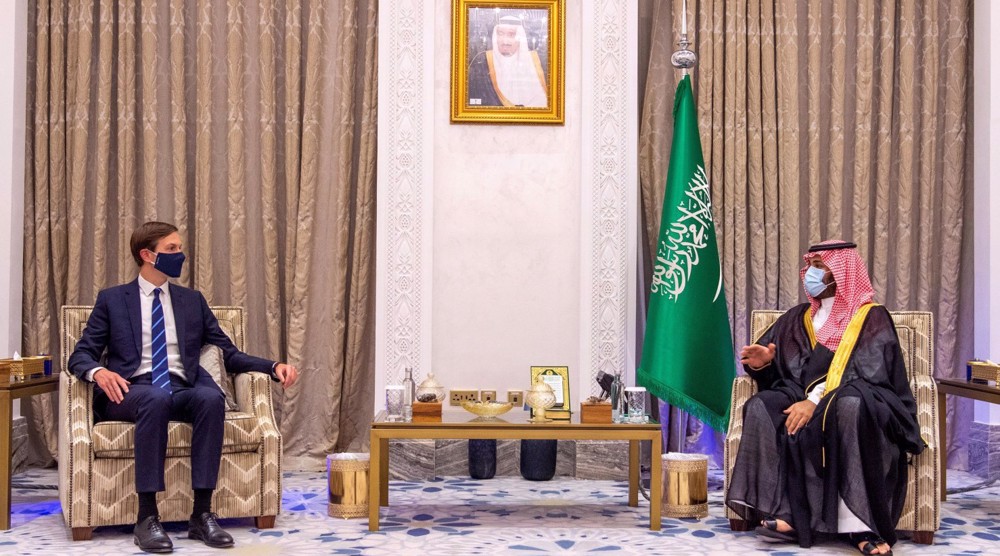
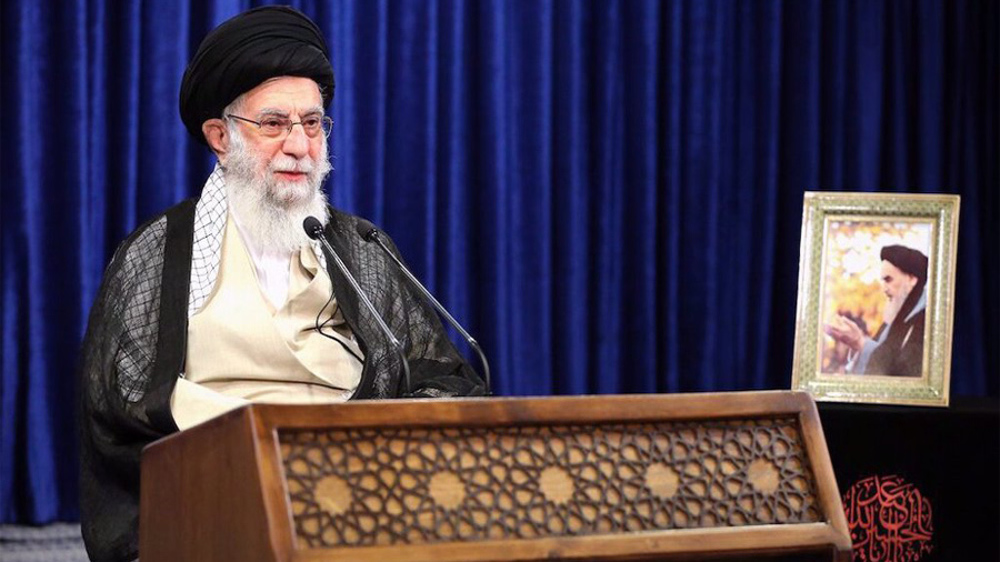

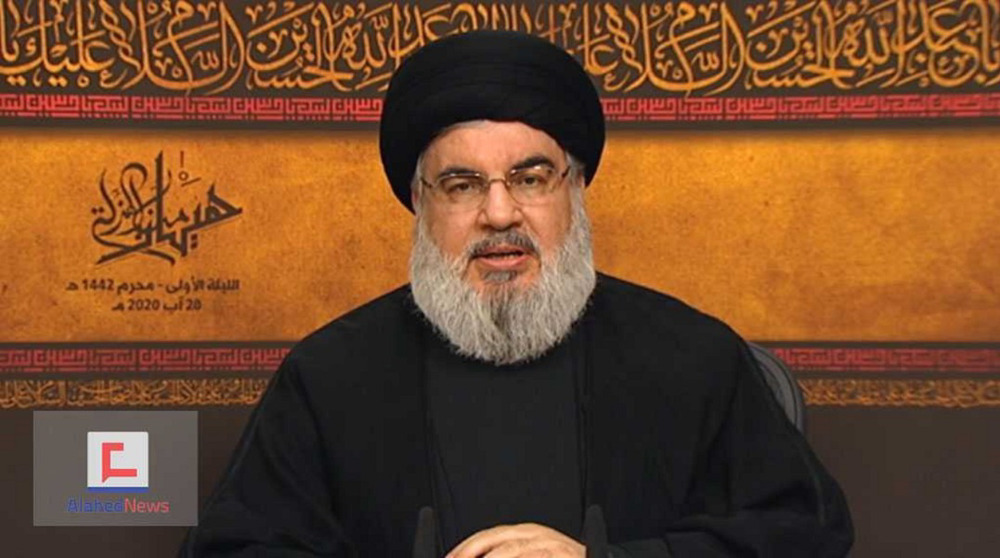


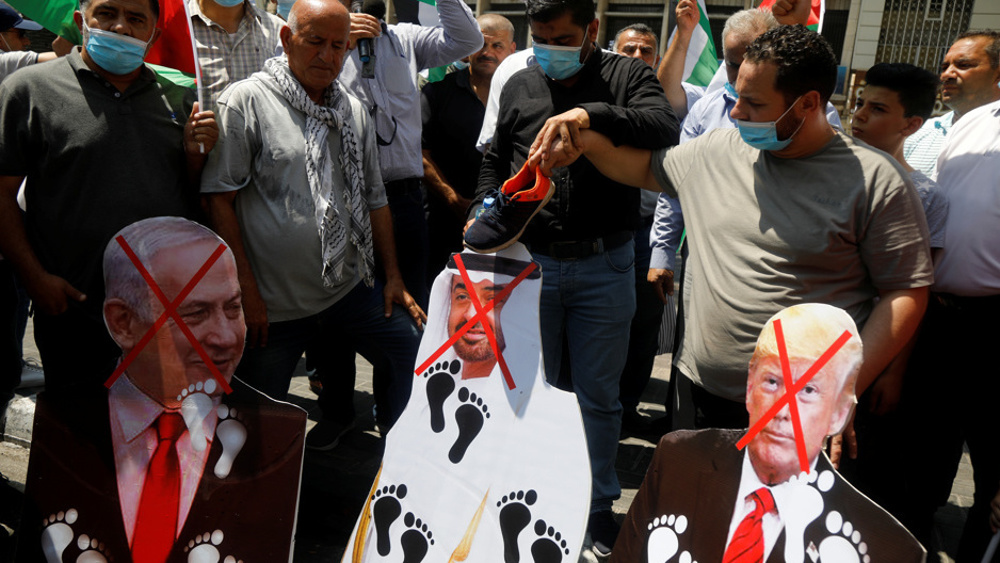
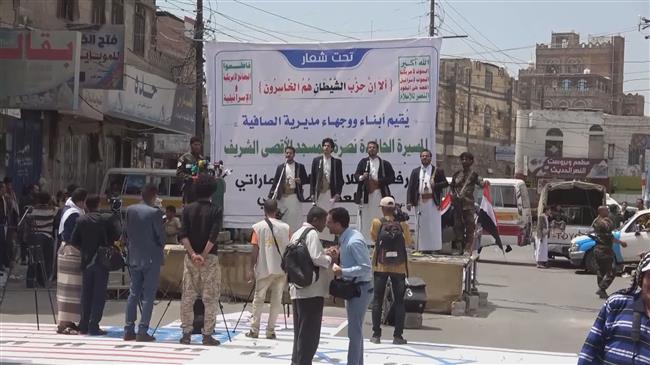



 This makes it easy to access the Press TV website
This makes it easy to access the Press TV website